Breeding Resources Initiative 2023 Progress Report
By Sharifah Syed Alwee, Senior Director, Breeding, and Research Services
Breeding Resources Initiative's 2023 Progress Report can be found here.
Dear readers,
By Sharifah Syed Alwee, Senior Director, Breeding, and Research Services
Breeding Resources Initiative's 2023 Progress Report can be found here.
Dear readers,
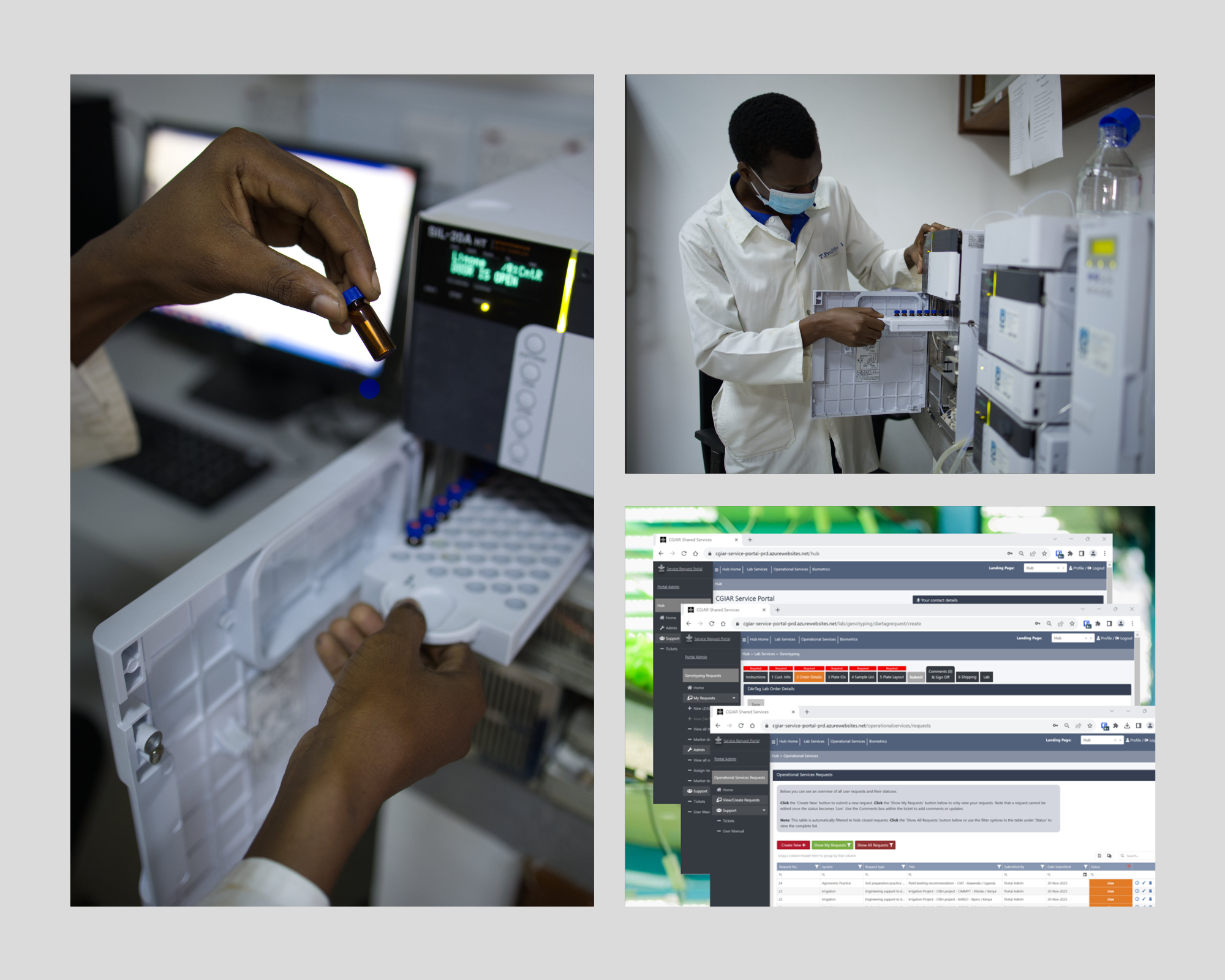
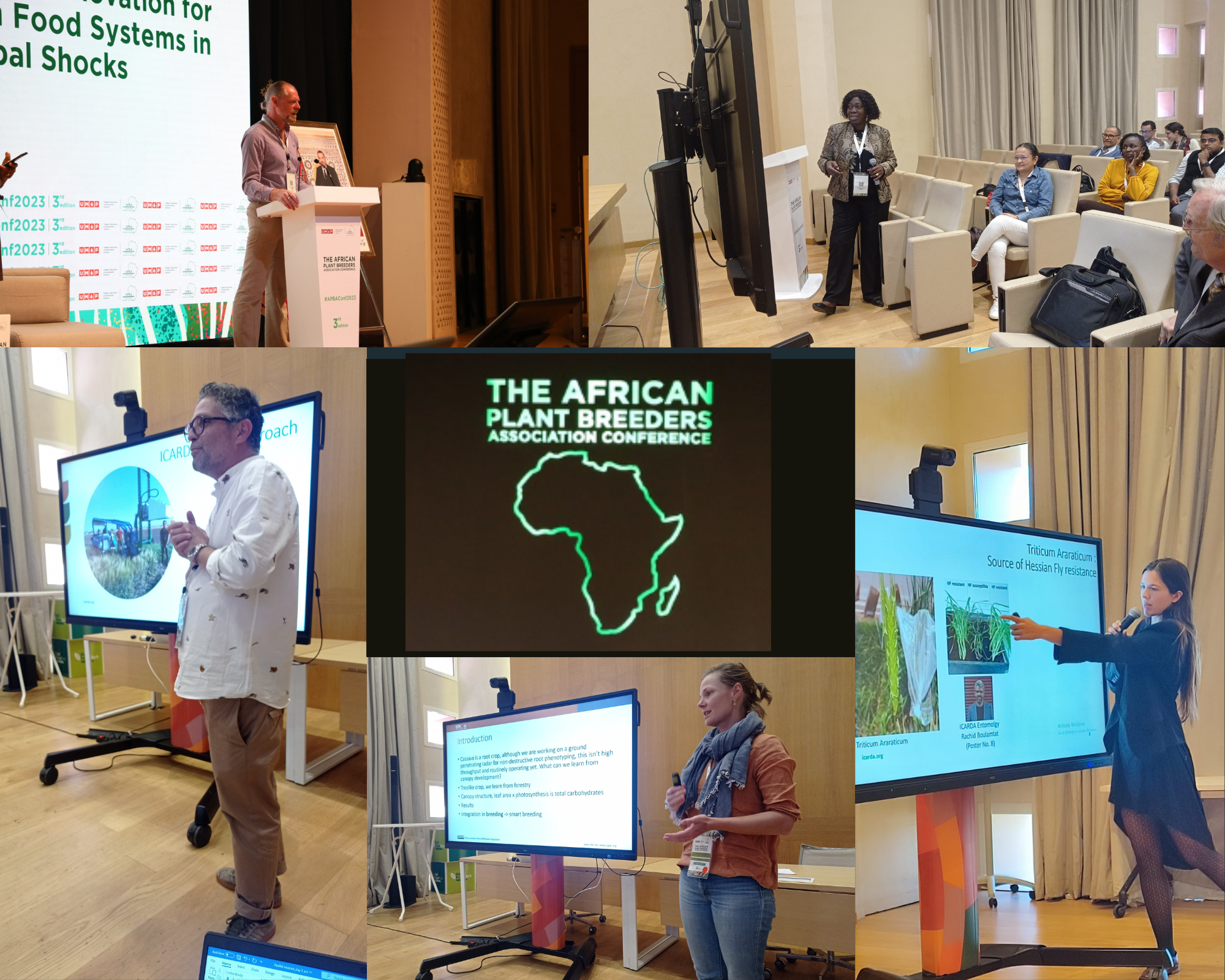
In Africa, people mostly eat what they grow, and the potential for trade and processed foods largely depends on how much they can produce. But the population is growing rapidly – by 2050, it will double.
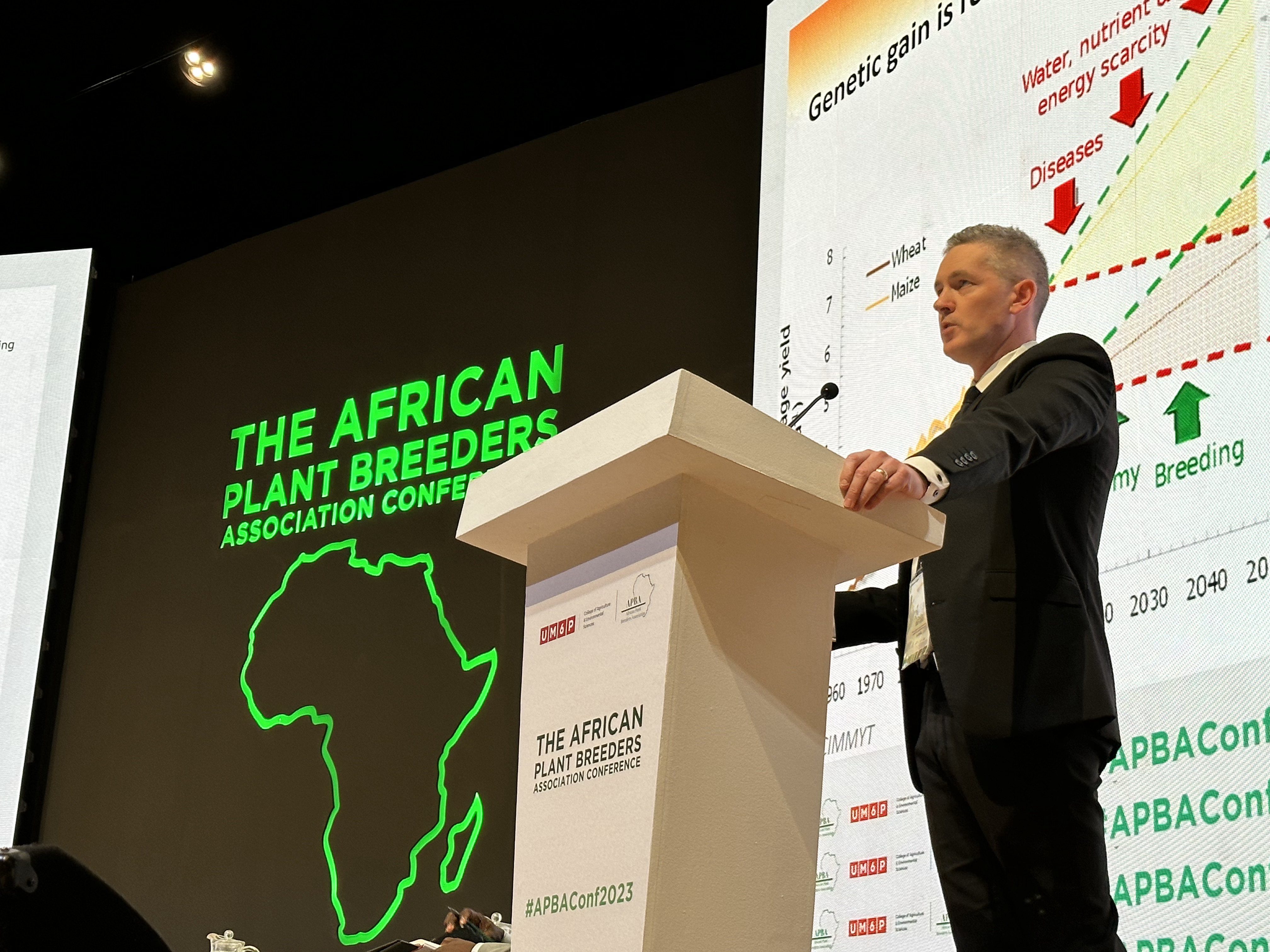
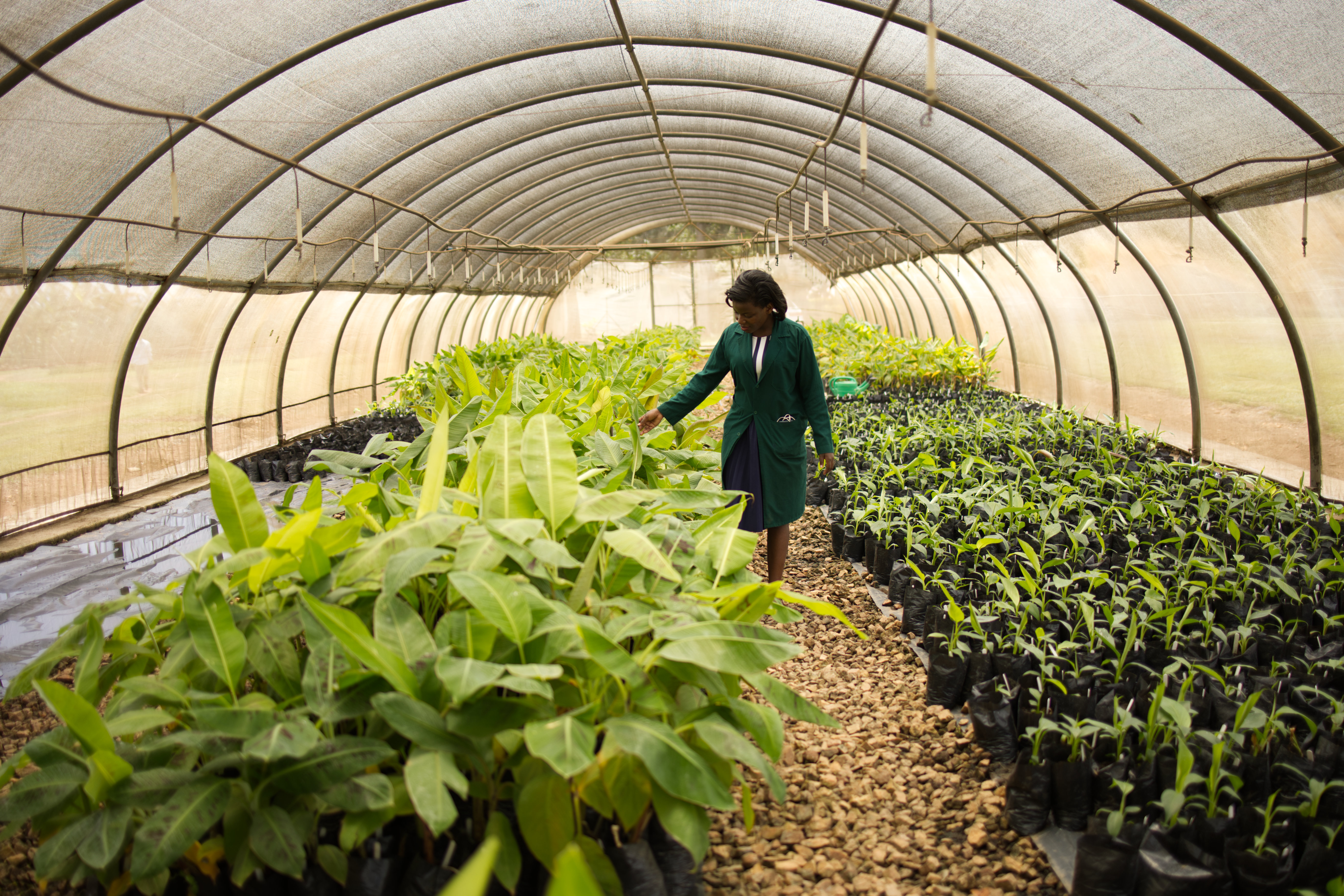
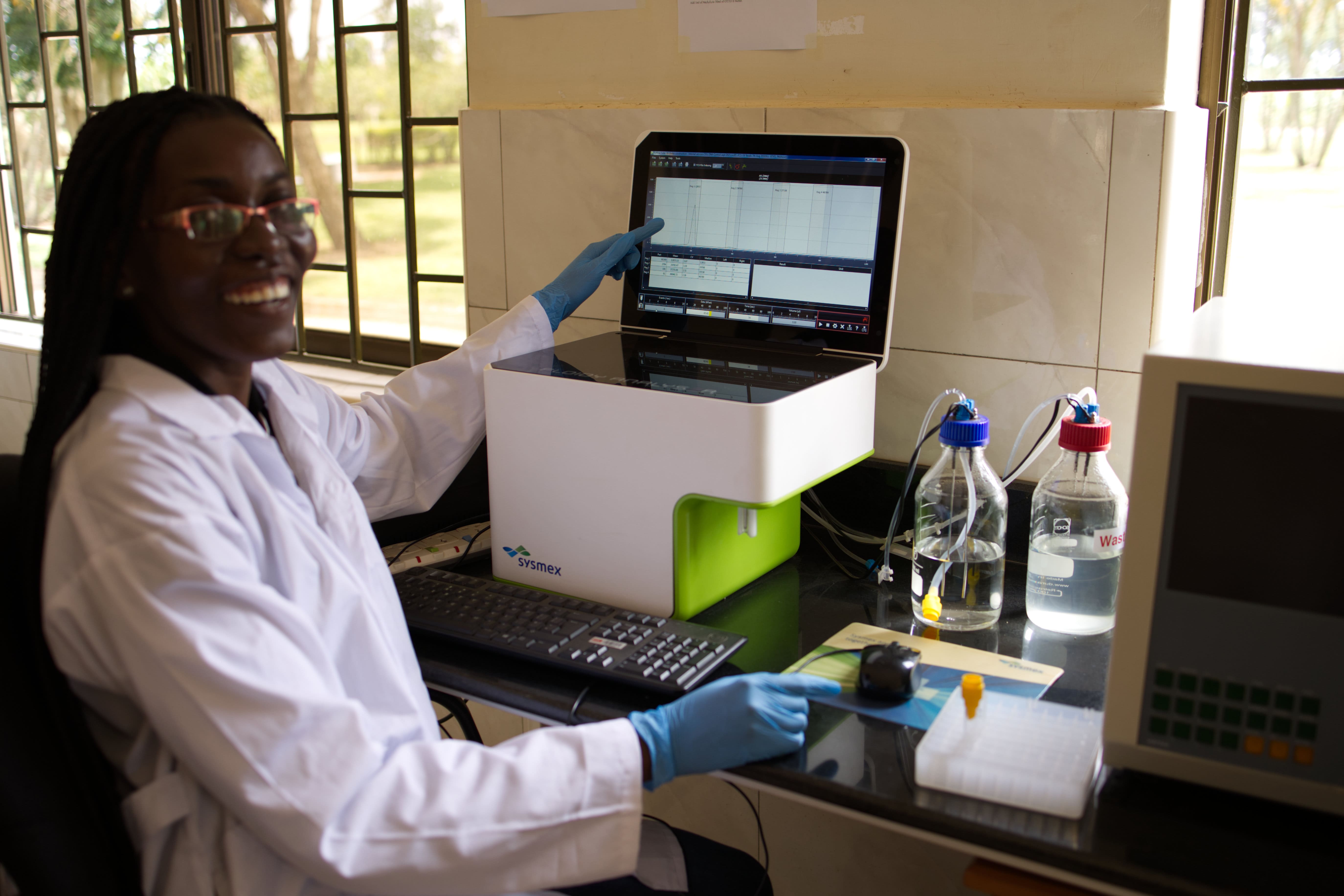
Breeding Resources Initiative (BRI) has established a comprehensive global user support network known as “GUS”, to enhance the management of breeding information systems throughout CGIAR. GUS is staffed by a dedicated team of data management experts who offer support to CGIAR, partner Centers, and NARES.
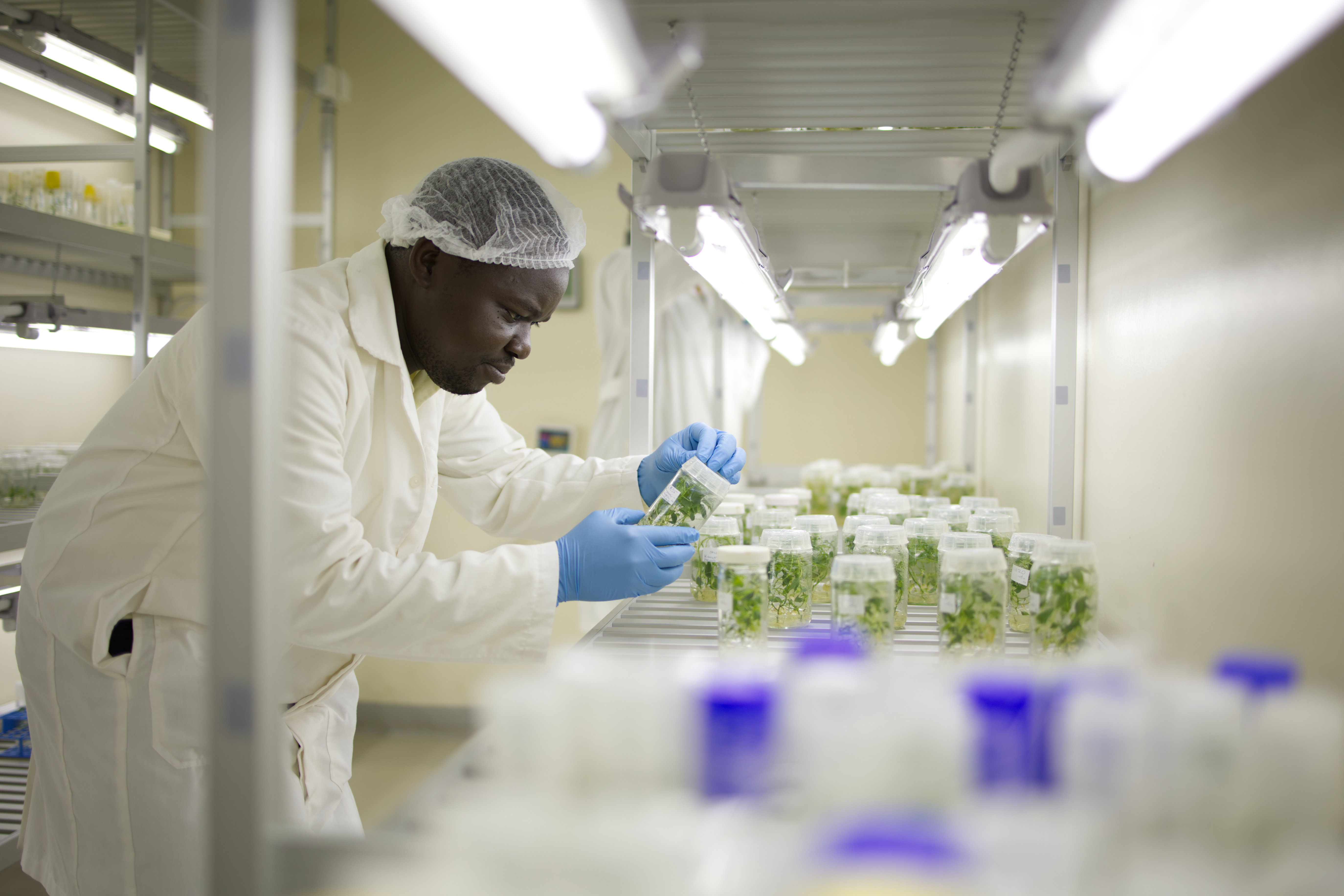
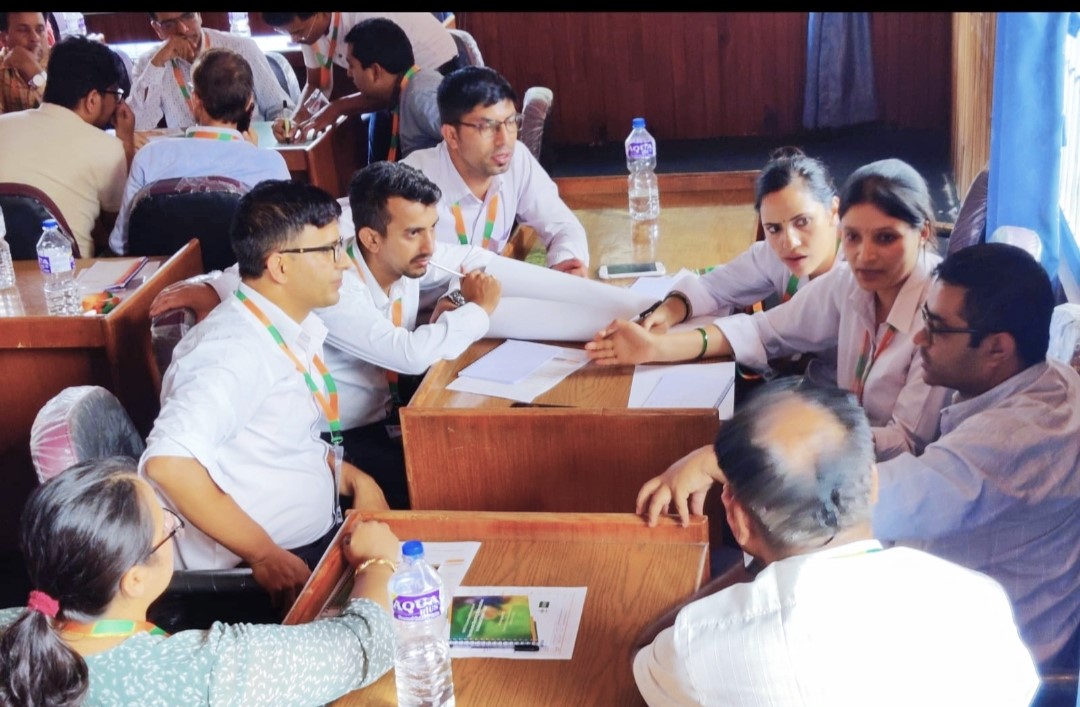
Due to the recent inflationary pressures affecting various industries, including ours, a price adjustment of our Breeding Resources Initiative's genotyping shared services is scheduled to come into effect by the 15th of August.
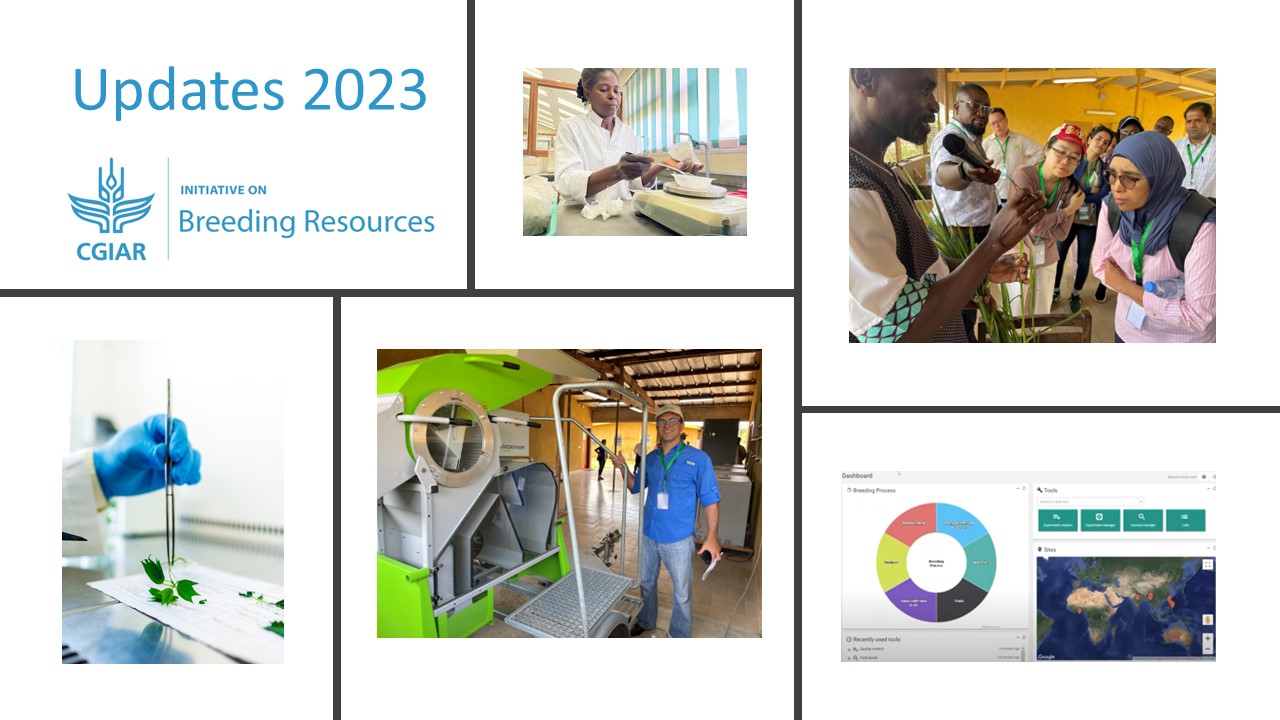
CGIAR Breeding Resource Initiative (led and managed by Genetic Innovation’s Breeding Research Services unit) sends out periodic updates to inform partners about plans, progress, events and resources. These updates are collated on this page. For more information, please contact: a.hunt@cgiar.org
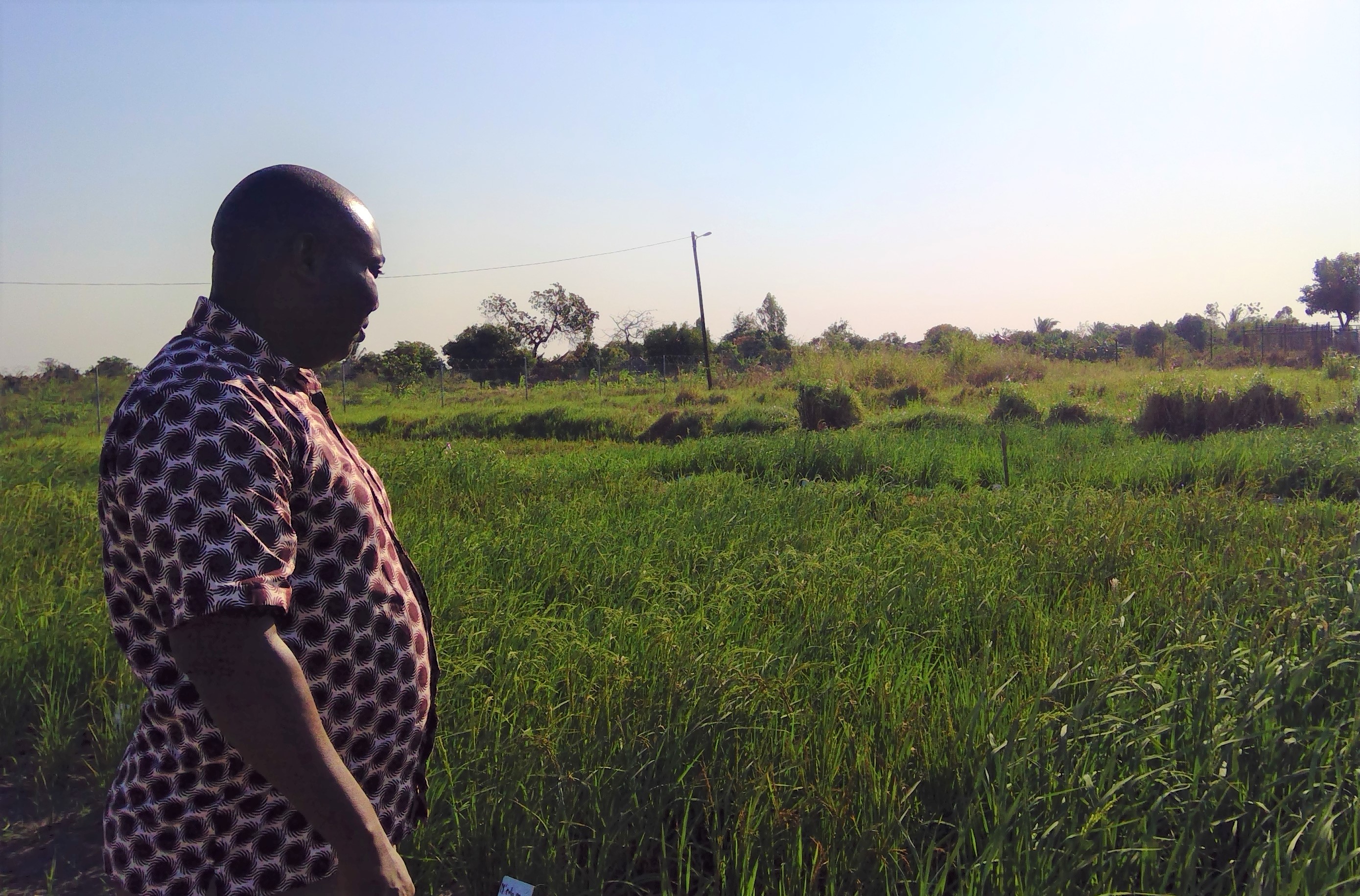
CGIAR collaborative efforts are helping Mozambican partners meet food security and environmental challenges. Crop breeding is key to unlocking agricultural potential, and ensuring breeders can access advanced genotyping practices will facilitate Mozambique in reaching its goals.
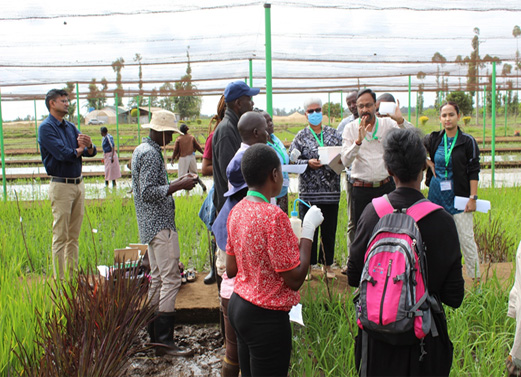
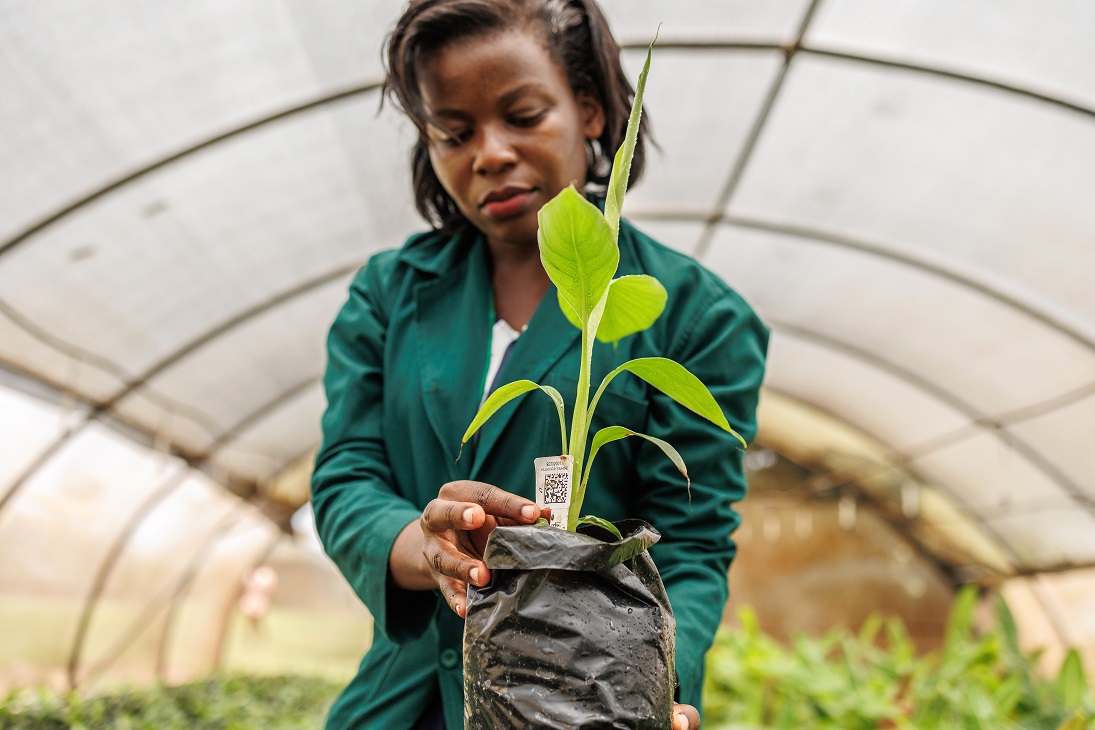
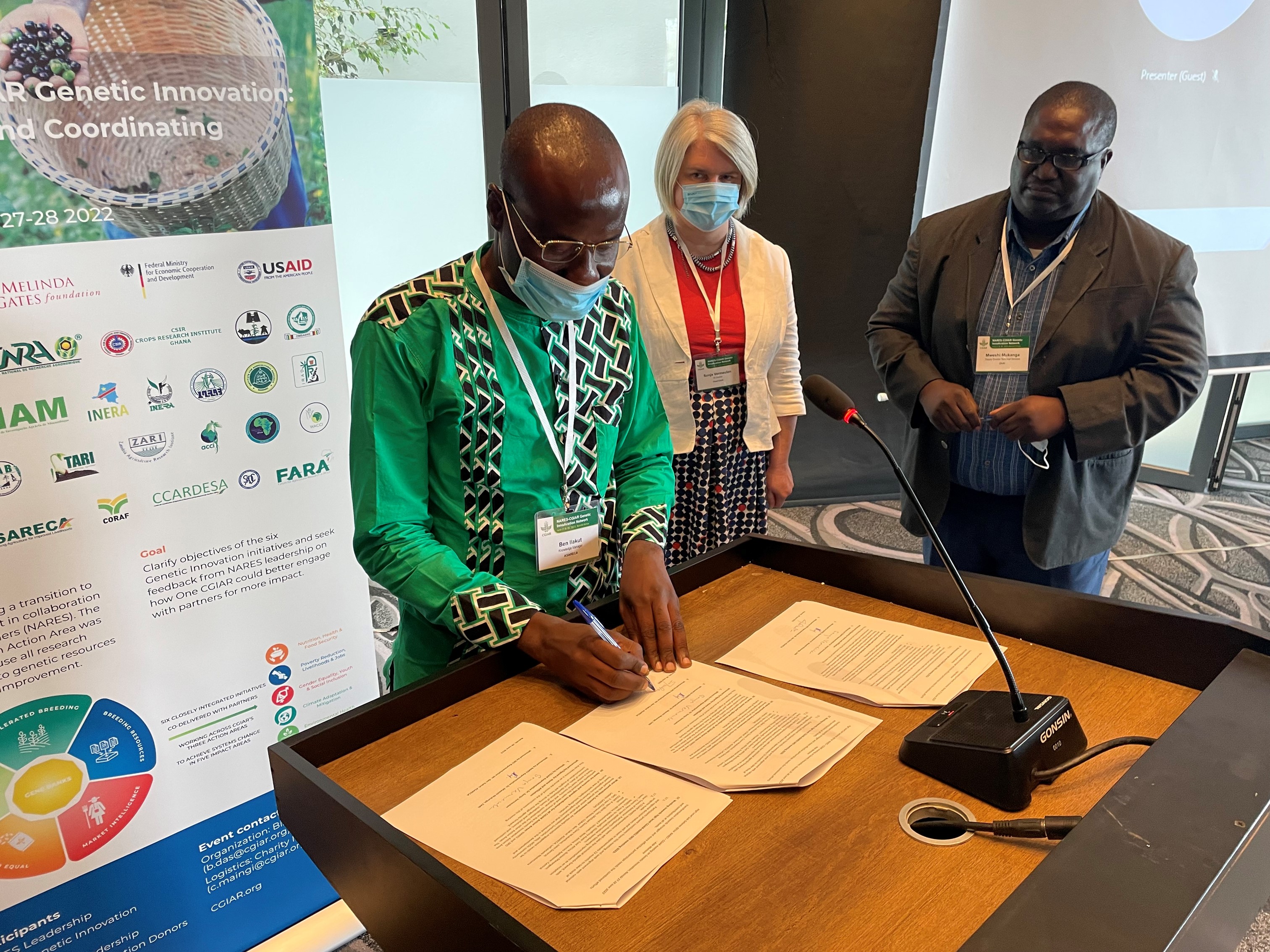
Africa’s agricultural research institutes are on a clearer path to developing and delivering more and better nutrient-rich, climate-resilient crops through strengthened partnerships with CGIAR. Enhanced collaboration on crop breeding strategies and technologies is a major step towards developing varieties demanded by farmers and consumers.
A groundbreaking new dataset and analysis is set to ensure crop breeders develop new varieties that benefit the world’s most disadvantaged people.
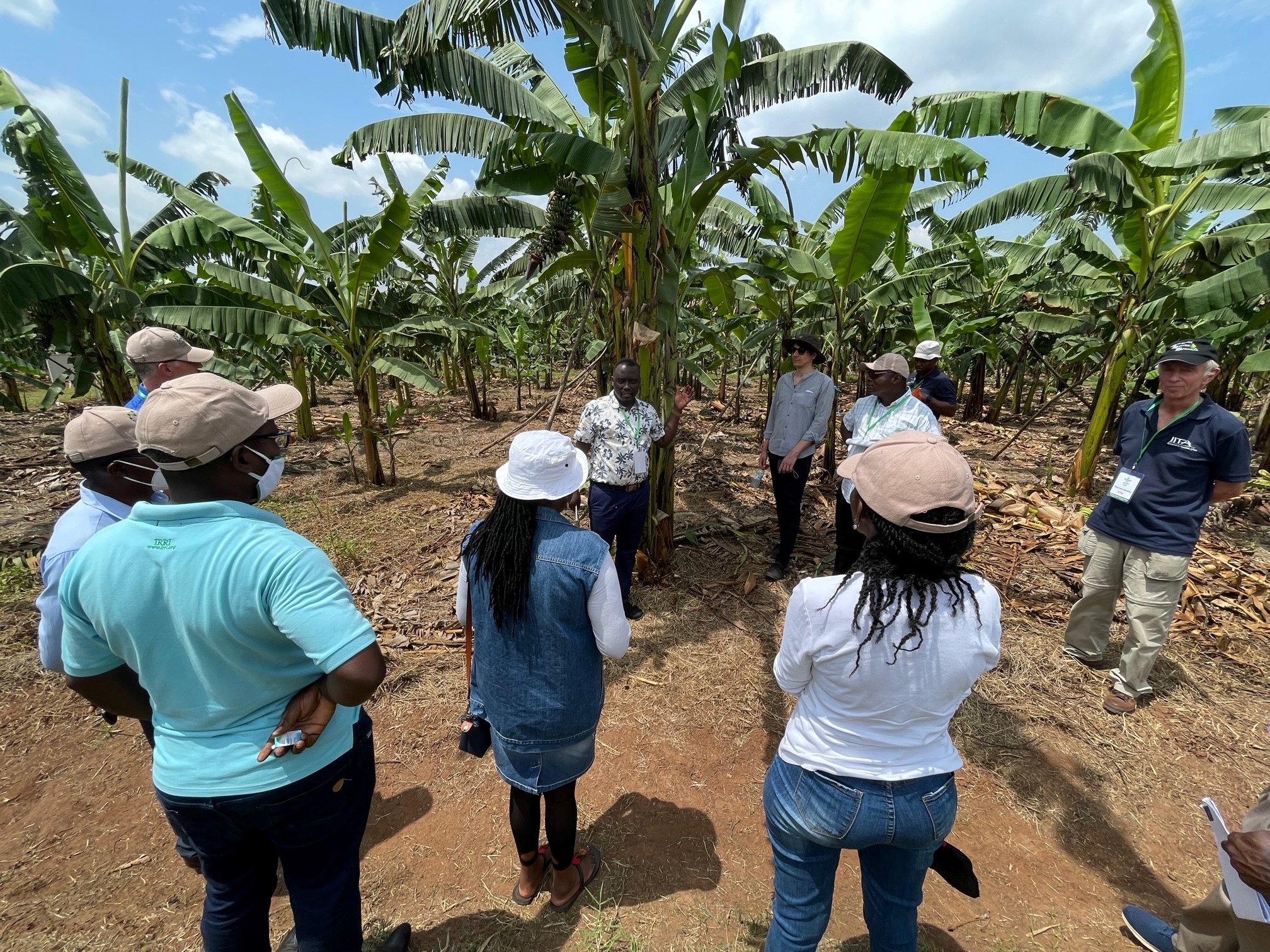
Over the last year, global supply chains and service providers have been affected by rising inflation, costs and challenges. Genotyping services and inputs in particular are affected by rising demand due to the global COVID-19 pandemic.
The CGIAR Excellence in Breeding Platform (EiB) has been proactive in maintaining the availability and quality of our brokered genotyping services throughout ongoing challenges. For 2022, there will be a small cost increase to our partners as a result of the higher prices charged by our trusted service partners.
In March 2021, a new network of specialists, the Breeding Informatics Network (BrIN) was established to standardize and modernize breeding data storage, access, curation, analysis, visualization, and decision support. The ultimate goal of BrIN is to improve quality and efficiency in delivering improved varieties to farmers. On December 15, 2021, BrIN celebrated their 2021 successes, and recognized key contributors around the globe.
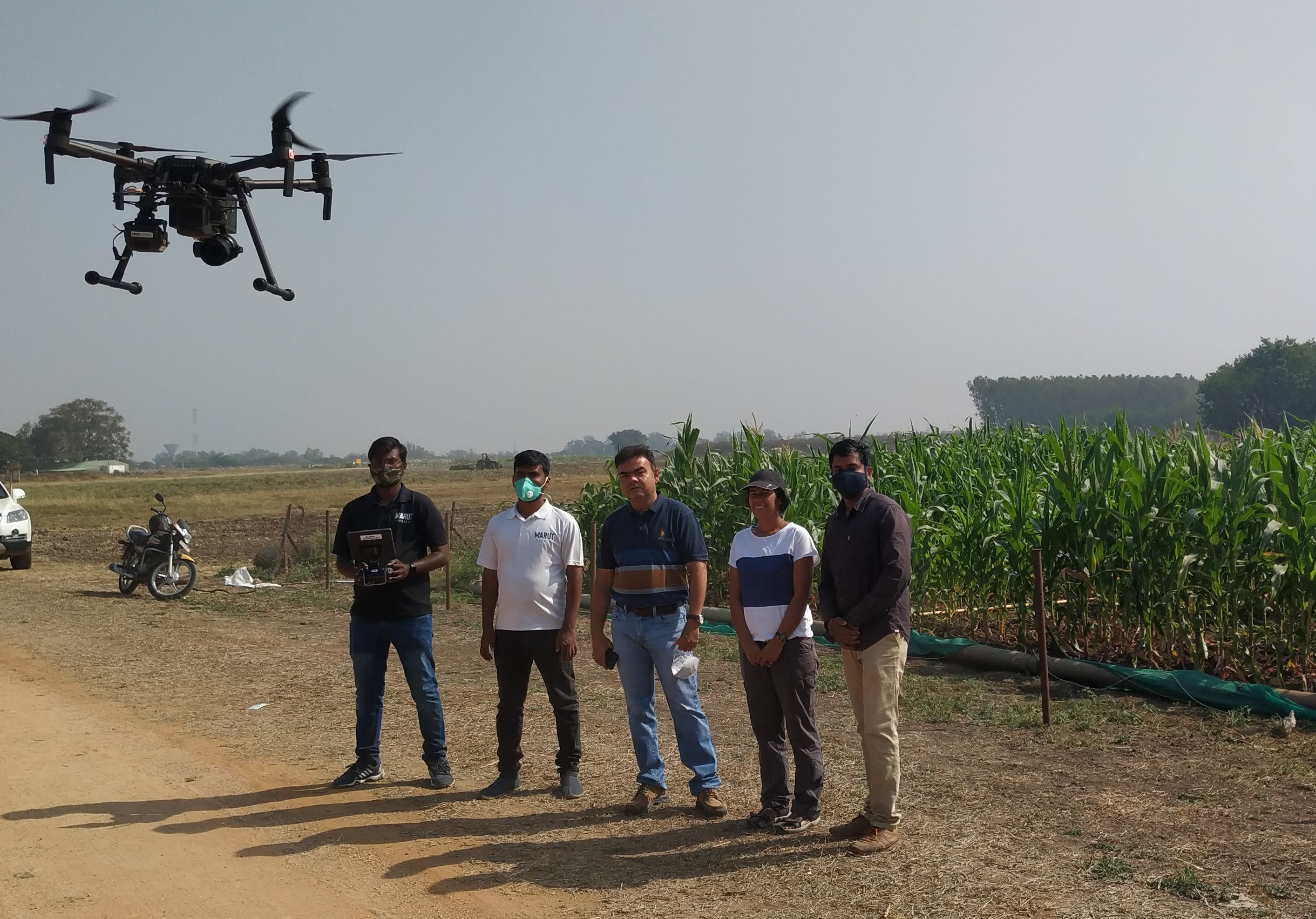
CGIAR drone team in a maize field in India (Source: ICRISAT)
New and more accessible digital phenotyping technologies and methods can help breeding programs collect data faster and better. EiB is partnering across CGIAR to expand, accelerate and streamline adoption.
As the CGIAR and NARES breeding community push towards increased genetic gains and reducing the weighted average age of varieties, the CGIAR Excellence in Breeding’s (EiB) 2021 Virtual Meeting allowed participants to share ideas on driving implementation for impact.
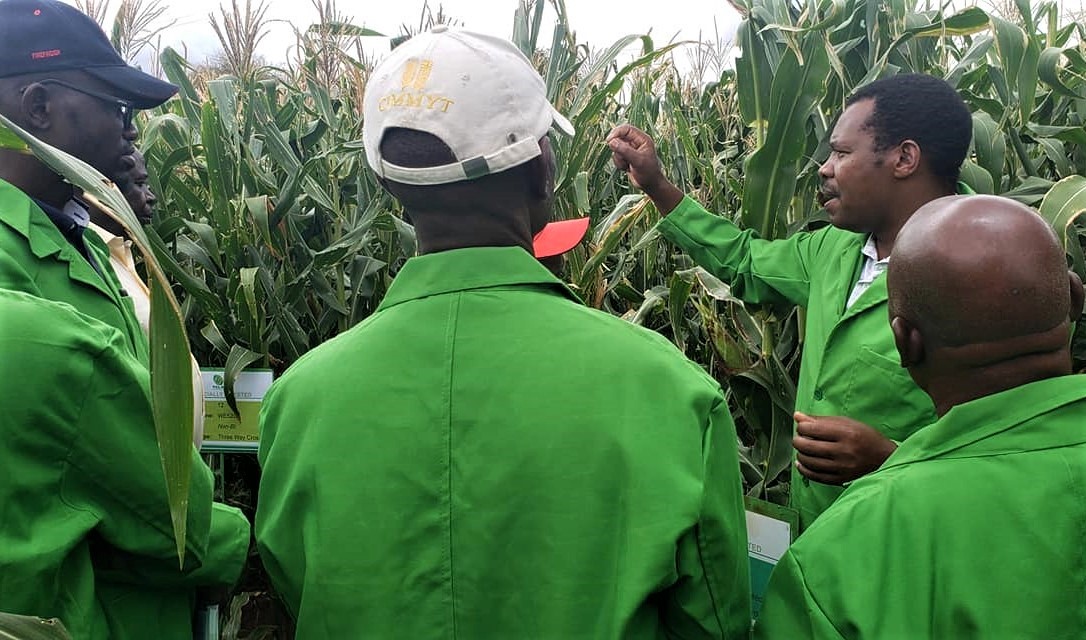
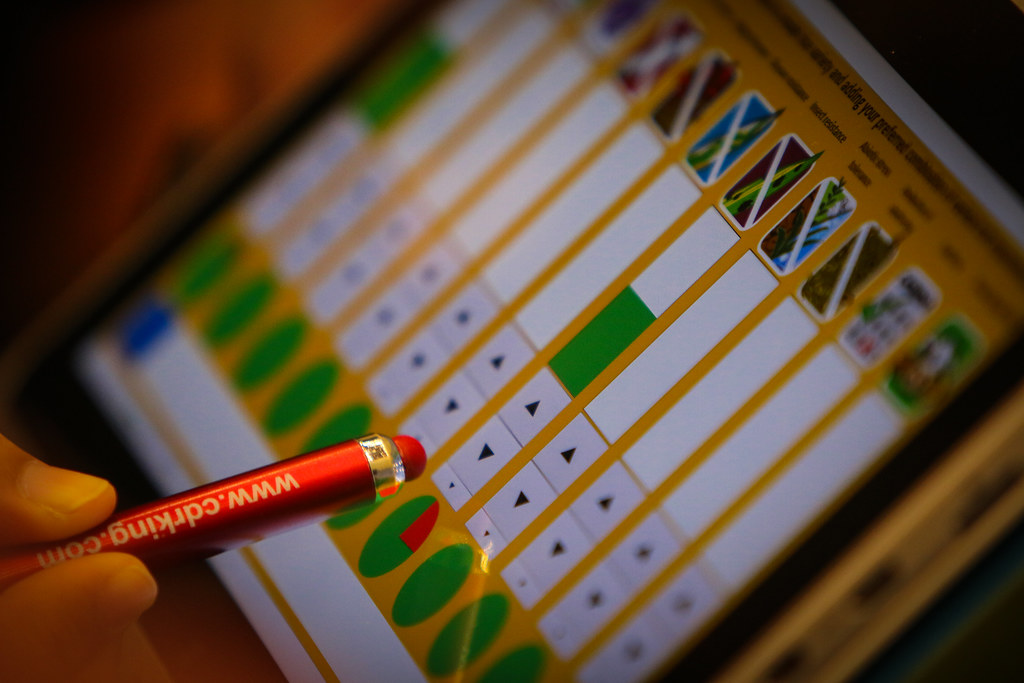
Photo Credit: IRRI.
CGIAR Excellence in Breeding (EiB) informatics lead Young Wha Lee understands that breeding "has always been — and still is — a numbers game."
A new costing tool is helping national breeding programs get the financial data needed to improve their efficiency, effectiveness and transparency. And now, in its first in-person event since the beginning of the pandemic, CGIAR Excellence in Breeding (EiB) has prepped six African National Agricultural Research and Extension Systems (NARES) to fully cost their programs.
A new compilation of data reveals real progress on CGIAR’s crop breeding transformation agenda. CGIAR Excellence in Breeding (EiB)’s first-ever Annual Report focuses on 27 data points showing progress on its mandate to accelerate the modernization of breeding programs.
A bold new data management platform, the Enterprise Breeding System (EBS), is helping breeders harness the power of data, save time, and make the best breeding decisions. EiB has just released a faster, more feature-filled version.
Public breeding operations teams serving lower income countries need to upgrade their skills and tools, optimize their programs, and deliver better varieties, faster. CGIAR’s new Breeding Operations Network for Development (BOND) is ready to make the connections.
CGIAR Excellence in Breeding has launched new low-cost, high throughput genotyping services, positioning CGIAR and national breeding programs to take a leap forward in delivering vital crop varieties.
The equipment will help speed up and enhance the accuracy of various breeding processes including seed preparation, data collection, data analysis and inventory management.
Wheat breeders from across the globe took a big step towards modernizing their molecular breeding skills at recent workshops sponsored by the Wheat Initiative, with the CGIAR Excellence in Breeding Platform (EiB), and the International Maize and Wheat Improvement Center (CIMMYT).